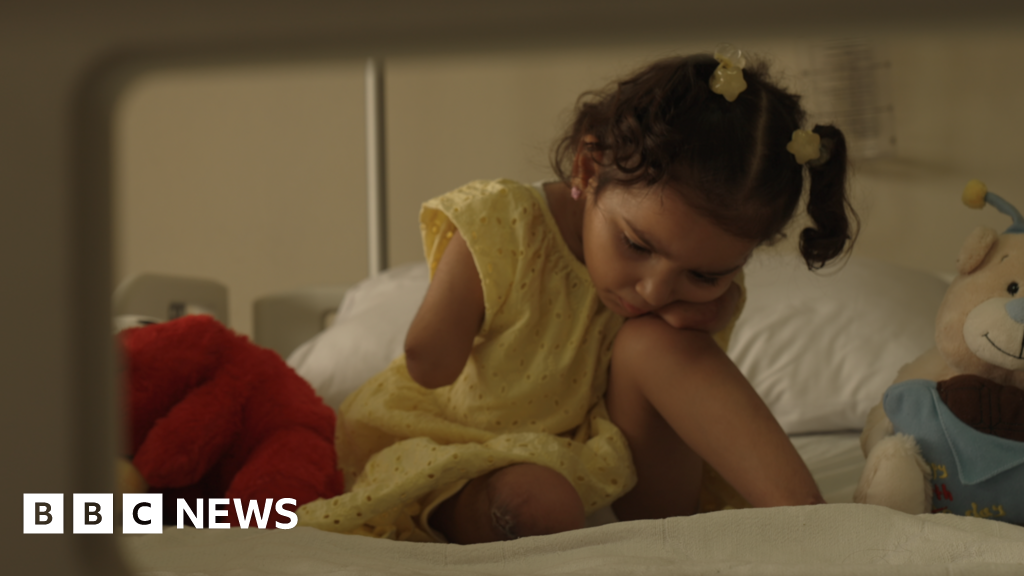Some Minnesota lawmakers say they will vote down budget proposal, here's why
Dozens gathered outside the Minnesota House chamber Friday to protest a key policy change DFL and GOP leaders agreed to, in order to ink a budget deal: Remove adult undocumented immigrants from the state's health care program by the end of the year – but let children remain eligible for coverage.
Faith leaders and advocates held signs that said, "We stand with immigrants" and "Empathy: good government's superpower!" as they read aloud anonymous stories of people who have received life-saving treatment or medications since they were allowed to enroll in MinnesotaCare on Jan. 1. The state program provides health coverage for people with low-incomes not covered by Medicaid, on January 1.
"When we're talking about this killing of our community members — it's not hyperbole. This has happened. And it's happening. It happened to me. It happened to my family," said Dieu Do, a daughter of Vietnamese and Mexican immigrants who said she lost her father to illness eight years ago.
He didn't have coverage.
"This issue is so personal to me because my dad died because he didn't get the health care that he needed," Do said.
More than 20,000 undocumented immigrants are enrolled, which is more than expected for the first four months of the year, and 24% of them are children under 18, according to data from the Minnesota Department of Human Services.
The cost to the state is slightly more expensive than originally estimated for this time period. From January through the end of April, paid claims totalled $3.9 million, DHS data showed.
"It's not a measure of being uncaring. It's a fiscal issue, and there are still opportunities for those Minnesotans that are here, those that are here illegally, they can still join the private market," said House Speaker Lisa Demuth, R-Cold Spring.
Republicans have warned that a surge in enrollment could triple the cost of the program over four years, and they pushed for a full repeal of the policy before leaders brokered the compromise.
But DHS said it's hard to anticipate at this point how much it will cost in the future.
The state agency noted that although more people signed up when the law took effect, the cost per person is lower than initial estimates.
Joining the group outside the House Friday were some DFL lawmakers who vowed to reject the partial rollback of the MinnesotaCare program, which could derail the carefully crafted budget deal in a closely divided Capitol and upend the final few days.
When asked Thursday during a news conference if they would hold up other budget bills to block this from passing, Democrats said their focus was on this particular provision and declined to say what else they would do to push back against it.
"We still have some conversations to have about strategy for the next four days, but right now, we're focused on this specific provision," said Rep. Cedric Frazier, DFL-New Hope.
Lawmakers have a constitutional deadline Monday to end the session and pass the next two-year budget. They will work through the weekend as they try to get as much done as possible, but leaders conceded there will likely be a special session — it's just a matter of how long it will last.
The partisan divide over parts of the budget deal could further complicate the finale.
Caroline Cummings is an Emmy-winning reporter with a passion for covering politics, public policy and government. She is thrilled to join the WCCO team.









 English (US) ·
English (US) ·